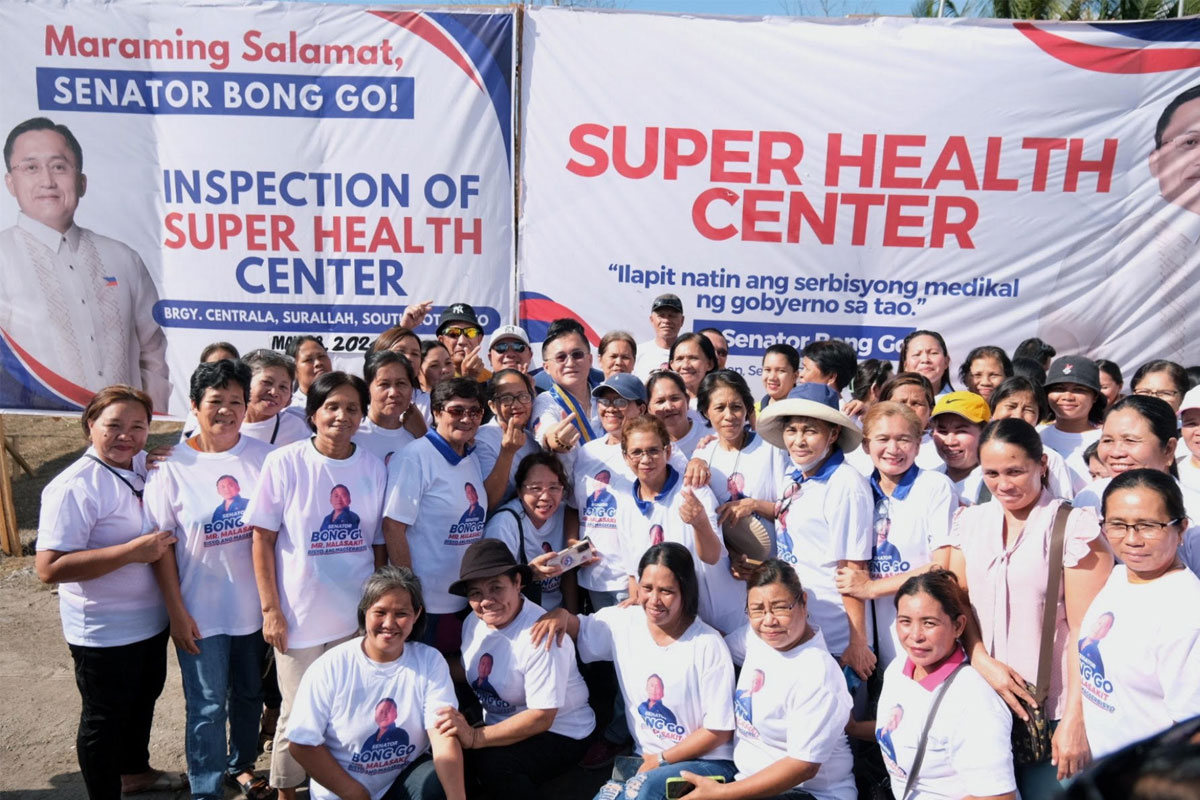
SENATE RATIFIES RCEP
THE Senate adopted a resolution concurring in the ratification of the Regional Comprehensive Economic Partnership (RCEP) Agreement.
Resolution No. 485, sponsored by Senate President Juan Miguel “Migz” F. Zubiri and Senate President Pro Tempore Loren Legarda, was concurred in by the upper chamber with 20 affirmative votes, one negative vote and one abstention.
Of the senators who registered their votes, Senator Risa Hontiveros voted no to the ratification of RCEP while Senator Imee Marcos abstained.
The Philippines is the latest RCEP signatory to concur in the ratification of the trade deal, joining fellow members in the Association of the Southeast Asian Nations (ASEAN) and trade partners Australia, China, Japan, South Korea, and New Zealand.
Dubbed the world’s largest regional free trade agreement (FTA), the RCEP accounts for 29 percent of global trade.
“It would be wrong to simply argue that we must join it because others did. Rather, we should join out of the belief that it will create a snowball effect on jobs for our people, and market for our produce,” Zubiri said in his sponsorship of the RCEP.
He said the Philippines, under the RCEP, would be able to source raw materials and intermediate goods from fellow RCEP countries, process products locally, and then export the products out to RCEP countries at a preferential agreement.
According to the resolution, the Philippines is expected to benefit from the agreement through enhanced market access for its export products; wider area for accumulation of raw materials; trade facilitation; time-bound consultations to resolve issues on SPS measures as well as technical barriers to trade (TBT); improved market access for services including financial and telecommunication services; clear, stable and predictable rules necessary to attract investments; strong support for the development of micro, small, and medium enterprises (MSMEs); stronger protection and enforcement of intellectual property rights; and greater opportunity for economic and technical cooperation among the parties.
“The RCEP Agreement covers almost all aspects of the economy,” Zubiri said. “We have to appreciate it in its broader context,” he added.
*Legarda also clarified that sensitive and highly sensitive agricultural products would be excluded from the country’s tariff commitments in the RCEP.*
The commitments covered only 1.9 percent of the total agricultural tariff lines in the RCEP, and would apply to 15 agricultural products that will not pose a threat to the local agriculture sector.
“Sensitive” commodities such as swine meat, poultry meat, onion, rice, and sugar among others, are excluded.
On the other hand, the RCEP would offer better market access for key Philippine products and services in the ASEAN trade partners.
“The RCEP is essentially a step towards ensuring that a rules-based, transparent, and conducive business environment is promoted to ensure sustainable and inclusive economic growth,” said Legarda, who previously chaired the Committee on Foreign Relations.
The resolution calls for measures to build competitive and comparative advantages for local sectors; interventions to stimulate and support innovation; good governance mechanisms for transparency, accountability and learning; strategies for human capital development; inclusiveness, sustainability, and green growth initiatives; and RCEP agreement optimization program.
The measure also creates the Senate Special Oversight Committee on the RCEP Agreement, which shall look into the government’s plans and strategies to harness competitiveness in various sectors. The oversight panel shall come up with legislative proposals to pursue reforms and address implementation gaps as necessary, including recommendations to improve performance and exact accountabilities.
The Philippines first signed the RCEP in September 2021, and then on November 28, 2022. A total of 15 government agencies – led by the Department of Foreign Affairs, Department of Trade and Industry, and Department of Agriculture – endorsed the concurrence to its ratification.



















